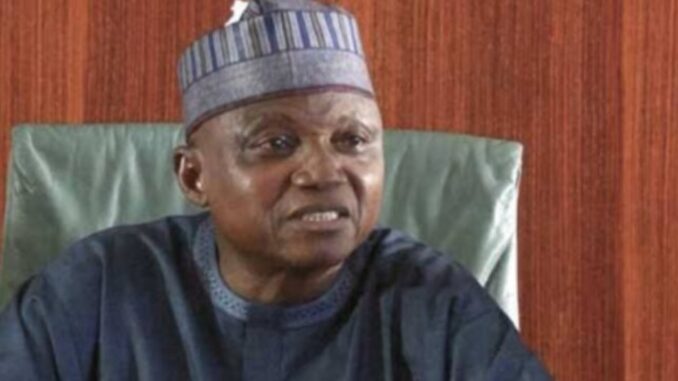
Dear Mallam Shehu,
As a concerned Nigerian, I read your press statement commending our President, Major General Muhammadu Buhari (retd.), for having the courage to deregulate petroleum products’ prices at this critical juncture.
Virtually everyone who understands the significance of deregulation will agree with you that it is a policy in the right direction except that the circumstances and conditions precedent are totally depressing.
The concern of many Nigerians who have criticised the move was predicated on the timing of a policy that would further choke an already overstretched populace, at least in the short run.
To refresh our memories, Mallam, the price of petrol in 2015 when President Buhari took over was N87 per litre. Today, it sells for about N160 per litre. The exchange rate of naira to the dollar in 2015 was about N190. Today, it is about N470. Value Added Tax was five per cent, today, it is 7.5%. Galloping inflation has substantially reduced the effective value of workers’ salaries. The tariffs or charges Nigerians pay for port duties, electricity etc, have gone up without getting commensurate services to the point that people are now wondering if the sole intention is to snuff life out of hapless Nigerians. The customs, Federal Inland Revenue Service etc are declaring trillions of naira in revenue while businesses are shutting down. The people have been pauperised.
Since its inception, the Buhari regime has introduced some commendable social welfare schemes and unprecedented infrastructural renewal but the impact pales into insignificance when you look at the widespread suffering in the nation.
The number of unemployed Nigerians in 2015 was 5.5 million. Today, it is 21.7 million, according to the National Bureau of Statistics. It is 28 million if you add the pool of under-employed Nigerians. According to the World Poverty Clock, the number of Nigerians living below poverty line (those living below $1.90 per day) grew from 43.1 million in 2015 to 102.1 million in 2020.
Worst still, insecurity has remained intractable.
Yes, Mallam, it is important for a leader to show courage. However, real courage would be to work more expeditiously on policies and initiatives that would move millions of our people out of endemic poverty.
Courage would have been to fix the refineries in the last five and a half years of the Buhari regime so that the impact of subsidy removal would not make life more miserable for the people.
Mallam, you would agree with me that if the petroleum refineries were made to run efficiently and they could meet local demands, even if the subsidy on petroleum products was removed, it would not be to the detriment of the Nigerian economy and the ordinary people on the streets who bear the brunt.
END

Be the first to comment